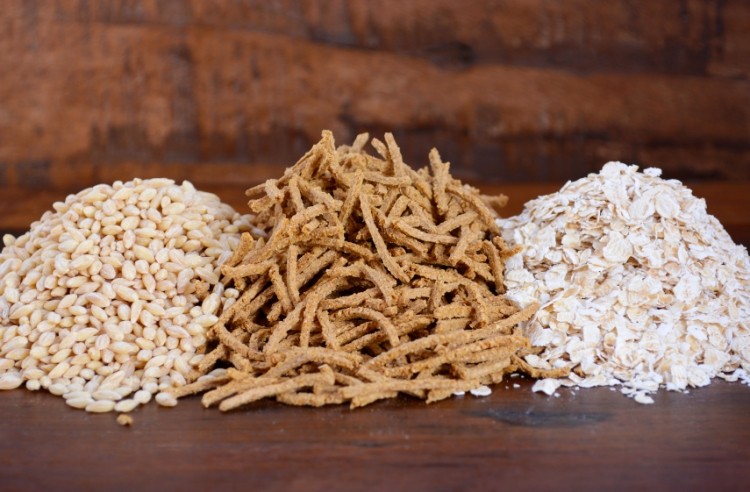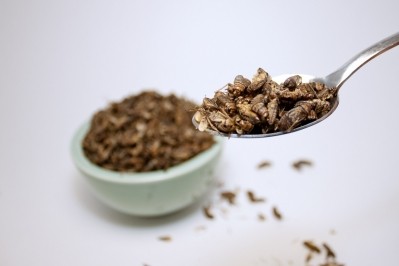Fibre-rich foods said to reduce gut stress and ‘anxiety-like behaviour’

Researchers at the APC Microbiome Ireland at University College Cork and Teagasc Food Research Centre discovered that supplementation with short‐chain fatty acids (SCFAs) derived from fibre appear to alleviate episodes of psychosocial stress.
In addition, the SCFAs appear to also promote good gut health, reversing the “leakiness” observed in the gastrointestinal tract that cause inflammation, characteristic of conditions such as irritable bowel syndrome.
“There is a growing recognition of the role of gut bacteria and the chemicals they make in the regulation of physiology and behaviour,” said John Cryan, corresponding study author and professor & chair at the department of anatomy & neuroscience, University College Cork.
“The role of short-chain fatty acids in this process is poorly understood up until now. It will be crucial that we look at whether short-chain fatty acids can ameliorate symptoms of stress-related disorders in humans.”
SCFA benefits
The role of SCFAs have been implicated in a range of conditions, from digestive disorders, diabetes, weight loss and heart health.
The theory lies in SCFAs as the main fuel and nutrition for cells in this region of the body. SCFAs are produced when the gut bacteria ferment fibre in the colon.
SCFA types include acetate, propionate and butyrate, which make up around 95% of SCFAs in the body.
While SCFA supplements are available, the consensus points to supplements as being poor substitutes for fibre-rich foods.
Along with scant scientific evidence about the effectiveness of SCFA supplements, butyrate supplements are absorbed in the small intestine prior to reaching the colon.
Researchers believe colon cells are unlikely to benefit from this supplemental use.
Study details
The researchers began feeding mice SCFAs usually produced by the gut bacteria and then subjecting them to stress.
The mice were then assessed for anxiety and depressive-like behaviour, stress-responsiveness, cognition and sociability as well as how easily material passes through the gut.
While the team were unable to explain the mechanisms in which SCFAs exert their effect, the found the SCFAs had no effect on an increase in body weight caused by stress.
Additionally a SCFA-rich diet appeared to render the gut wall impermeable to the undigested food particles, bacteria and germs that would otherwise pass through into the blood causing persistent inflammation.
“These data show that SCFAs supplementation alleviates selective and enduring alterations induced by repeated psychosocial stress,” the study concluded.
“These data may inform future research into microbiota‐targeted therapies for stress‐related disorders.”
Source: The Journal of Physiology
Published online ahead of print: doi.org/10.1113/JP276431
“Short-Chain Fatty Acids: Microbial Metabolites That Alleviate Stress-Induced Brain-Gut Axis Alterations.”
Authors: Marcel van de Wouw, Marcus Boehme, Joshua M. Lyte, Niamh Wiley, Conall Strain, Orla O'Sullivan, Gerard Clarke, Catherine Stanton, Timothy Dinan, John Cryan
![Katherine Pollard (left) and Patrick Bradley (right) identified genes that may help microbes live successfully in the human gut. [Photo: Elisabeth Fall]](/var/wrbm_gb_food_pharma/storage/images/_aliases/wrbm_medium/publications/food-beverage-nutrition/nutraingredients.com/article/2018/08/14/survival-of-the-fittest-gut-colonisation-study-could-lead-to-gene-targeting-probiotics/8503315-1-eng-GB/Survival-of-the-fittest-Gut-colonisation-study-could-lead-to-gene-targeting-probiotics.jpg)















